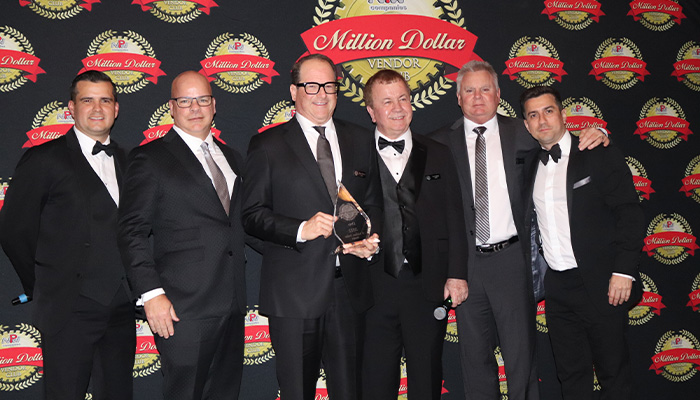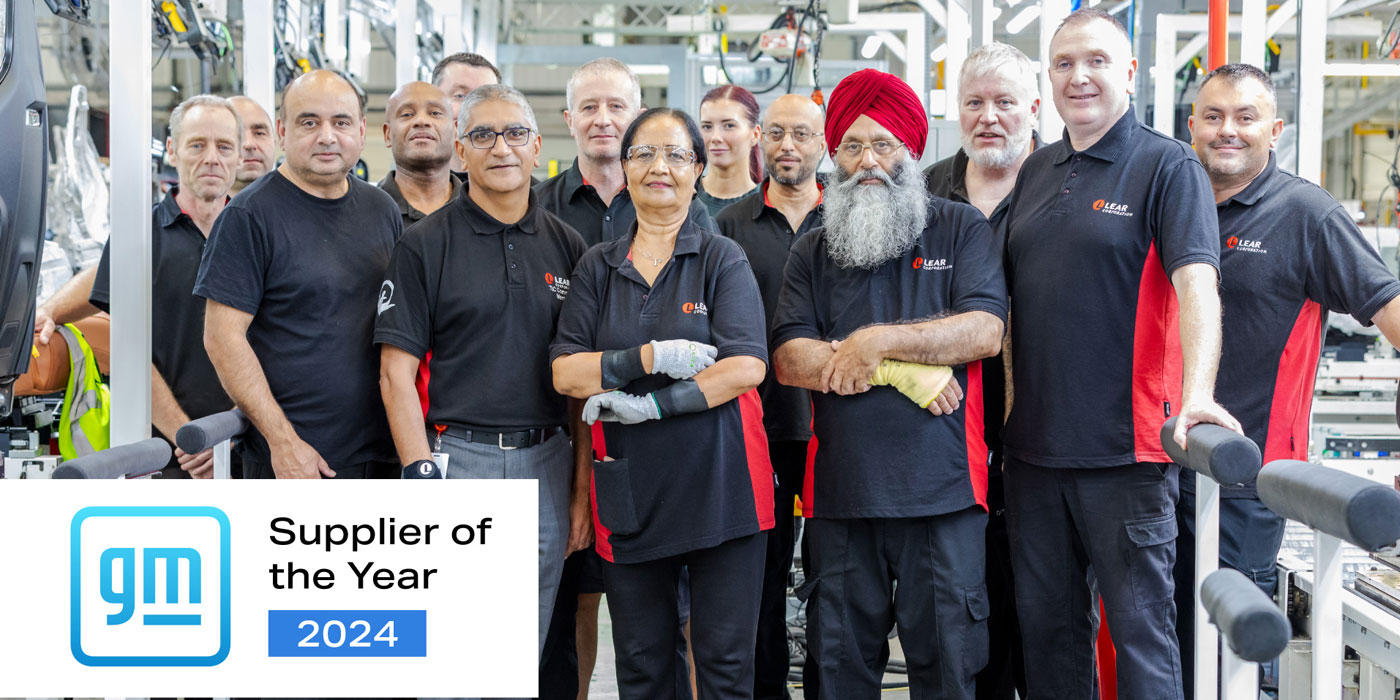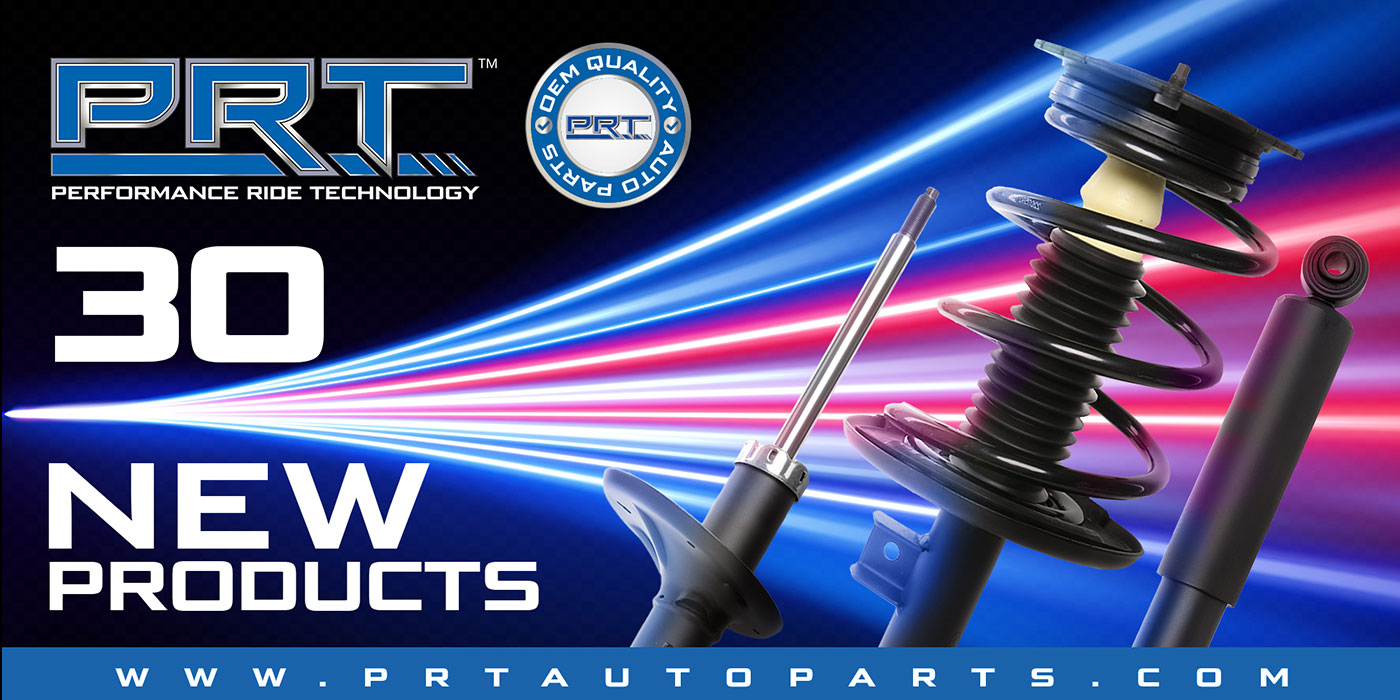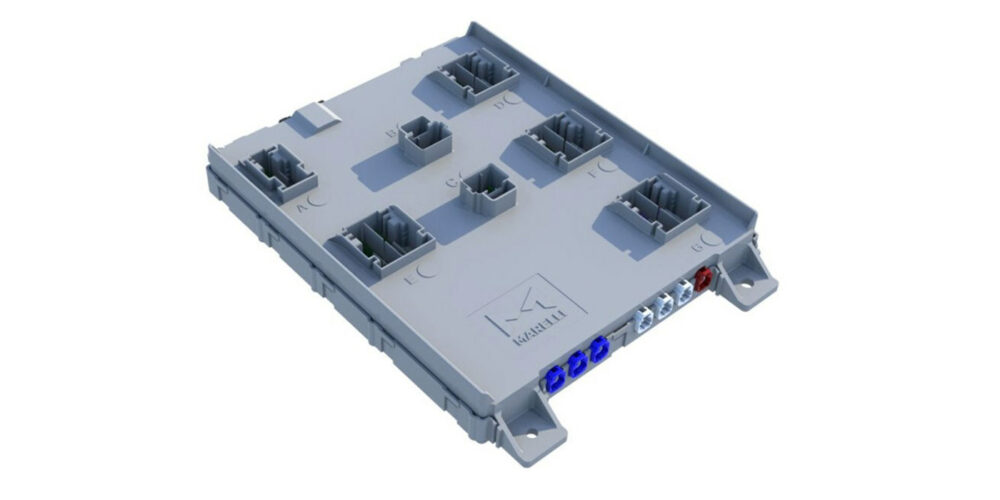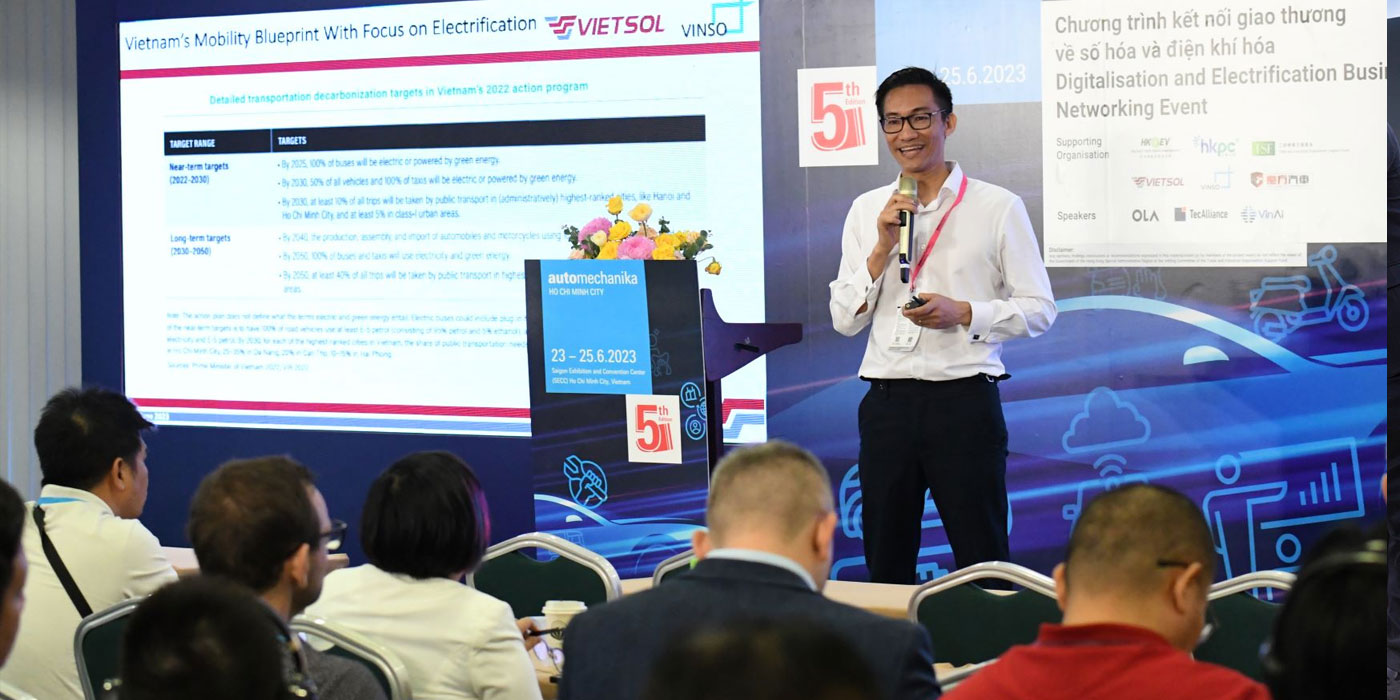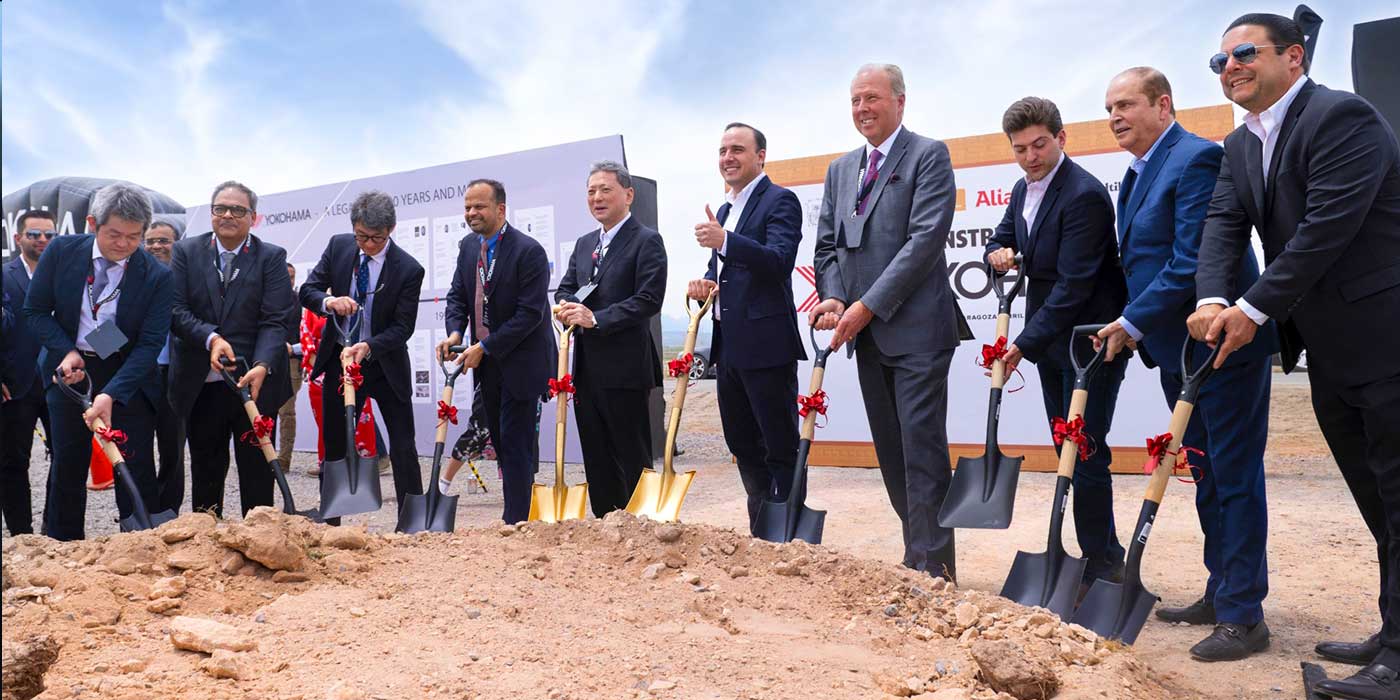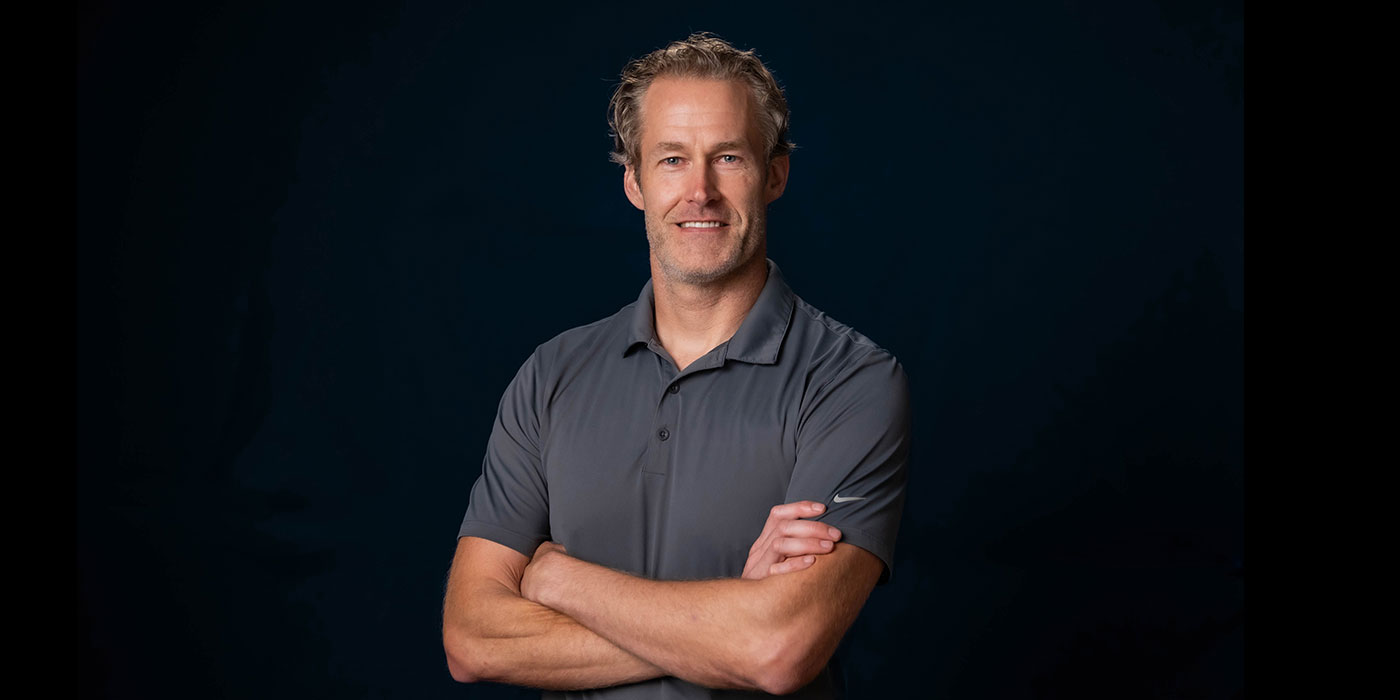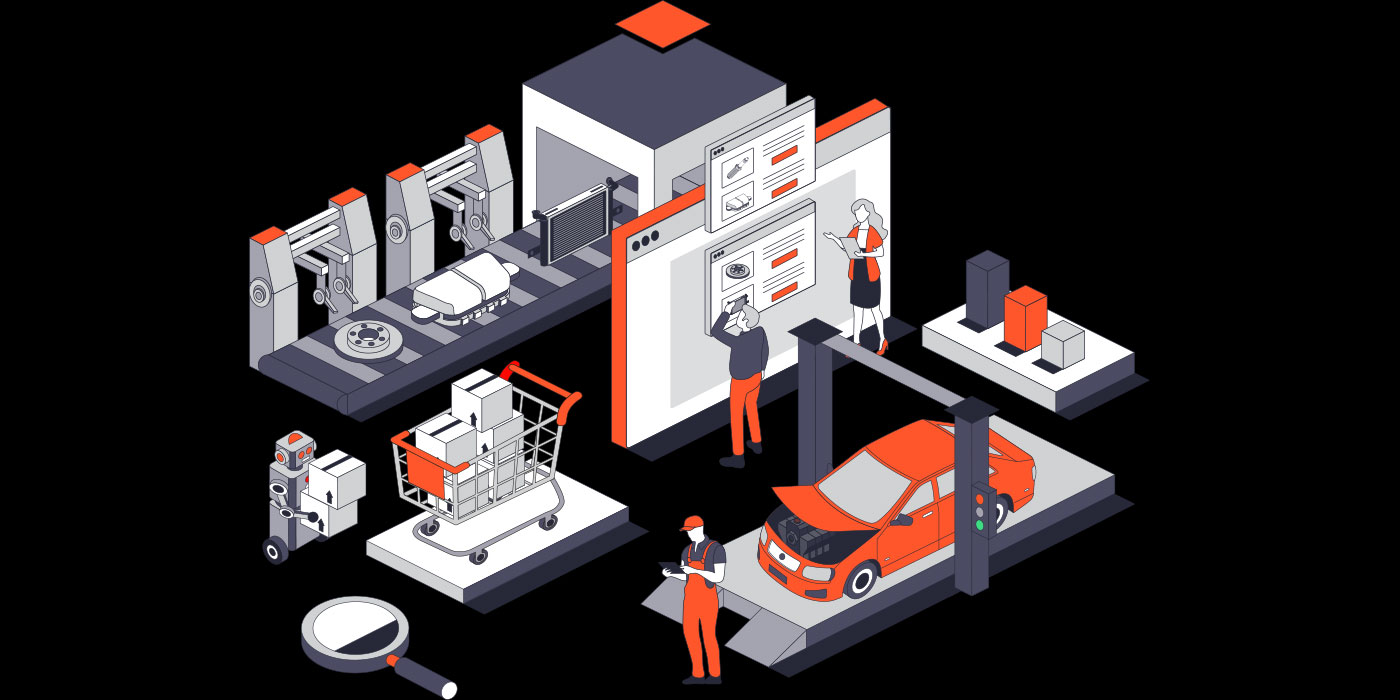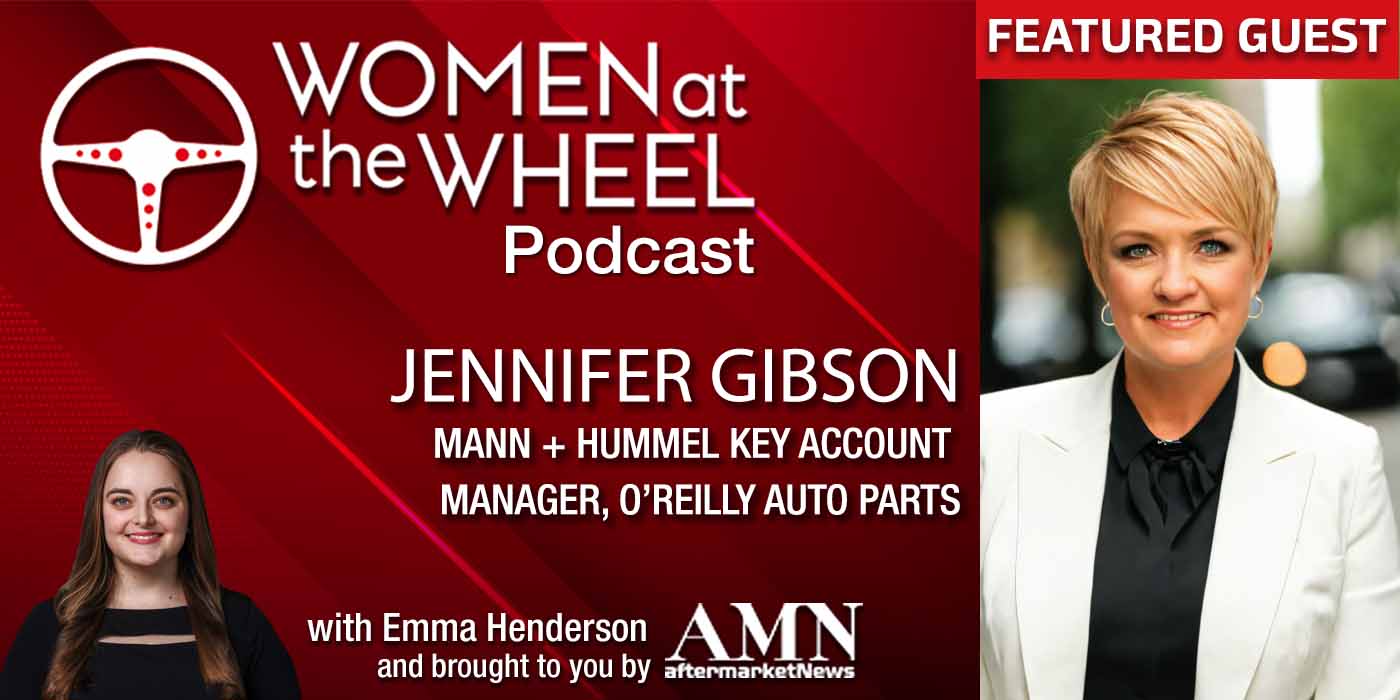MISSION VIEJO, CA — When the question is “Why do we do it that way?” and the only answer is “Because that’s how we’ve always done it,” red flags should be going up all over the place in the minds of management. Technology can greatly enhance business processes. But do you think some business processes in our industry are fundamentally flawed?
At first glance, a loaf of bread and a set of spark plugs may not seem to have much in common. But further analysis shows that both commodities undergo a similar supply chain journey that includes manufacturing, marketing, procurement, distribution and sales processes fueled by need at the end of the chain and the profit motivation by every tier leading to it.
Because of the monumental deep operational changes and technology-driven innovations adopted by the food distribution industry in the past few decades, food of all types in America is abundant and much more affordable as a percentage of income than it was in past generations. Technology continues to improve each step of the distribution process to ensure that when you want that fresh loaf of bread, it will be there for you at the best price possible. It’s no surprise that some former food distribution executives see the aftermarket as the next great opportunity for business process improvement and are jumping onboard, bringing their strategic experience with them to initiate radical process change in some large scale automotive parts and service businesses.
Breakthrough operational innovation, as opposed to incremental improvement, can destroy the competition and shake up entire industries. The maturity of the automotive aftermarket lends itself well to phenomenal opportunity because by looking past entrenched, outdated business practices and focusing on the implementation of operational innovation, those who choose to transform their productivity, growth expectations and profitability will become market share leaders. If we look beyond our own horizon and observe how other mature business models that service a broad base of customers have re-invented themselves, we can gain great insight into not just improving inherently flawed processes, but rather in adopting truly innovative operational practices that reshape the playing field and provide a springboard for competitive edge.
The use of breakthrough technology within the aftermarket offers users a secret of success that is almost amazingly simple: to “out-operate” the competition. By offering the absolute best choices in parts availability, delivery time, customer service and price, and having the data needed to make timely decisions at one’s fingertips, an aftermarket parts distributor can blow the competition away. Most firms in our industry have pretty much exhausted the other factors in the equation that can maximize the results of their own formula for success. They have cut delays, errors, inventory and costs as much as possible to stay competitive, invested in employee training and exhausted predictable marketing initiatives. Operational innovation through technology, which includes re-inventing processes and deploying new ways of doing work, is the last and most potentially powerful method of transforming a business model.
Operational innovation has been central to some of the greatest success stories in recent business history. The purchasing and distribution of goods within the food and other industries have been transformed by innovations such as cross-docking, where goods trucked to a distribution center from suppliers are immediately transferred to trucks bound for stores — without ever being placed into storage. Cross-docking and companion innovations lead to lower inventory levels and lower operating costs, which can then be translated into quicker and better availability and lower prices for customers.
An example of operational innovation within the aftermarket of reshaping a business model and expanding market share has been deployed by a California-based distributor with locations throughout the Western U.S. Sales have grown dramatically by utilizing DST’s Internet-based parts ordering system called TurboParts. By embracing and implementing technology, as well as challenging their management to never get comfortable with just “good enough,” they have grown their B2B revenue to more than $60 million per year, while actually lowering their costs of sales. With such rapid growth, they focused on rethinking the normal operating business practices of standard demand based inventory management, customer relationship management, and like practices. Rather, they moved to flow-based replenishment to improve their inventory velocity, moved their inventory on-line so that their customers would have better visibility of parts availability and pricing and used other industries as case studies in providing customers with seamless information, even if the information exposed a potential disadvantage.
In 2002, the distributor reinvented its order fulfillment process by replacing a large group of people who handled different parts of an order with DST’s TurboParts and just a couple of individuals who do it all. As a result, their Internet-based incoming orders now constitute 48 percent of total orders, they have cut the cycle time of turning an order into cash by 75 percent, reduced operating expenses by 45 percent and boosted customer satisfaction to never before seen levels as verified by follow-up questionnaire surveys — all by introducing a new way of handling orders. Time, cost and customer satisfaction — the dimensions of performance shaped by operations — get major boosts from operational innovation.
Utilizing best-of-breed technology provides benefits in many areas. Strategically, it results in higher customer retention, greater market share, the ability to enter new markets and just the ability to execute new operational visions. The marketplace benefits with greater customer satisfaction, differentiated offerings, stronger relationships and greater agility. Operational benefits include lower direct costs, better use of capital assets, faster cycle time, improved accuracy, more added value and simplified processes.
Operational innovations can fuel extraordinary results. The stories and examples within the aftermarket are rare, which, frankly, provides those who choose to question their current business practices and methods with a golden opportunity. Aftermarket business owners and managers who choose to implement operational innovation — and who also understand the cultural and organizational barriers that prevent it from happening more often — can add one of the most powerful competitive weapons in existence to their strategic arsenal.
So why would we expect you as a business owner or manager to examine your own business practices to see if they’re fundamentally flawed? Because, that’s how we’ve always done it.
We continue to love to get your responses to our weekly questions, hearing your thoughts on the topics that we post, suggestions for additional questions and anything you’d like to share. Send us an email at: [email protected] or give us a shout at 1.800.700.4DST.
_______________________________________
Click here to view the rest of today’s headlines.
“DST Asks” is written and sponsored by DST Inc. The opinions expressed in “DST Asks” articles appearing on aftermarketNews.com do not necessarily reflect the opinions of AMN or Babcox Publications.

